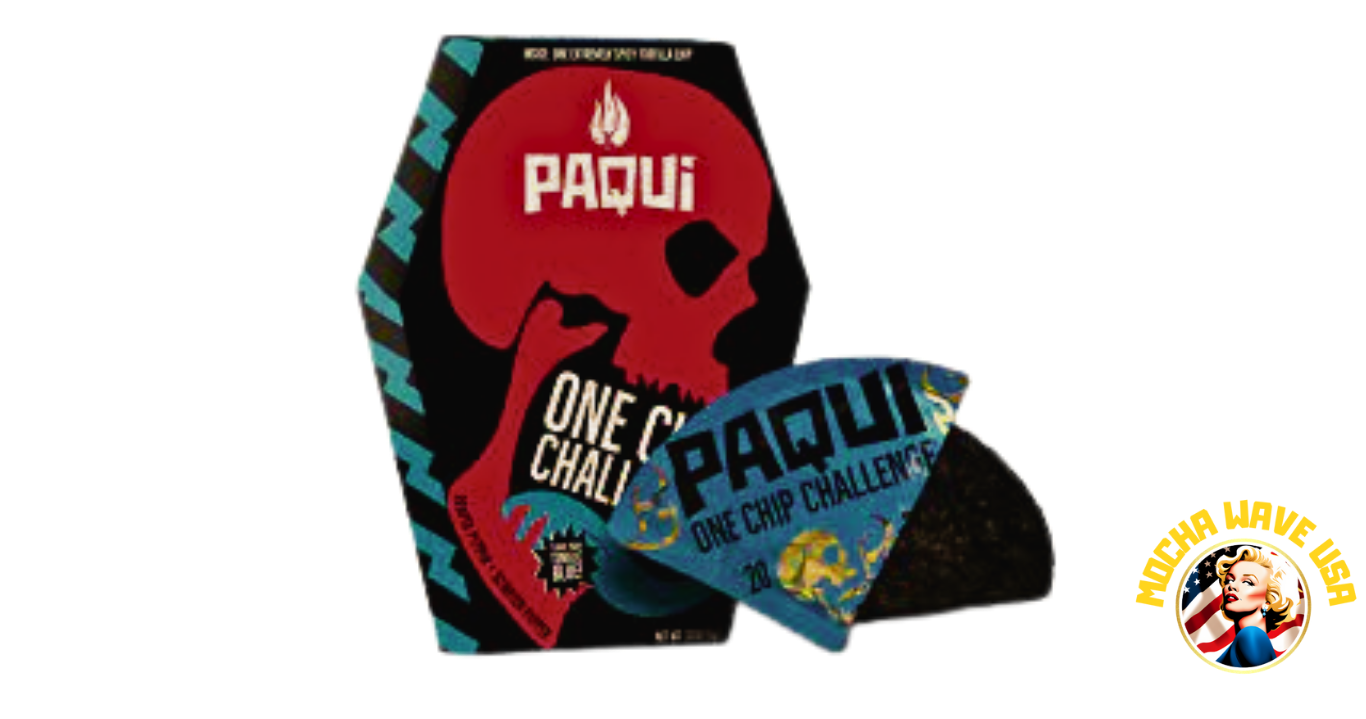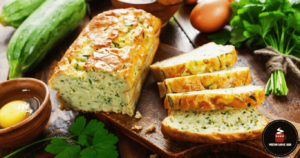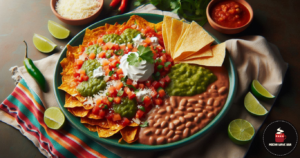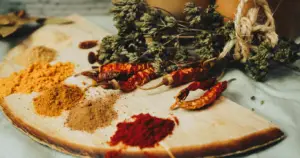
In the quiet city of Worcester, Massachusetts, a heartbreaking incident unfolded that shook the community to its core. Harris Wolobah, a vibrant and healthy 14-year-old, met an untimely end last Friday, sending shockwaves through the city and beyond. The cause of his tragic demise? A seemingly innocuous indulgence in an ultra-spicy tortilla chip seasoned with two of the hottest peppers in the world.
You May Like Top Ten Christmas Dishes from Around the World, World’s Ten Most Bizarre Fruits!
The Allure of Extreme Culinary Experiences

In a world where food enthusiasts continually seek out novel and intense taste experiences, the story of Harris Wolobah serves as a poignant reminder of the potential dangers lurking behind the allure of extreme culinary adventures. The popularity of spicy challenges, fueled by social media and a growing interest in gastronomic exploration, has led to a surge in the consumption of foods infused with potent peppers like the Carolina Reaper and Trinidad Moruga Scorpion.
The Culinary Fad: Chasing Heat at a Dangerous Cost
Ultra-spicy challenges, often masquerading as harmless and entertaining activities, have gained momentum across various platforms. The thrill of testing one’s tolerance for heat and the desire to showcase such feats on social media have turned these culinary fads into viral sensations. However, the tragic incident involving Harris Wolobah sheds light on the potential consequences of underestimating the power of extreme spice.
Understanding the Culinary Culprits: Carolina Reaper and Trinidad Moruga Scorpion

At the heart of this unfortunate incident are two of the world’s hottest peppers – the Carolina Reaper and the Trinidad Moruga Scorpion. These peppers boast Scoville Heat Unit (SHU) ratings that surpass even the most seasoned spice enthusiasts’ expectations. The Carolina Reaper, recognized by the Guinness World Records as the world’s hottest pepper, averages around 1.6 million SHUs, while the Trinidad Moruga Scorpion can reach an astonishing 2 million SHUs.
The Physiological Impact of Extreme Spiciness
While spicy foods can offer a thrilling sensory experience for many, consuming peppers of this magnitude can have severe physiological consequences. The body’s reaction to extreme spice includes an increase in heart rate, sweating, and, in some cases, digestive distress. For individuals with underlying health conditions, particularly those involving the cardiovascular system, the impact can be even more profound.
The Role of Regulation and Awareness
As the popularity of spicy challenges continues to rise, the incident involving Harris Wolobah prompts a critical examination of the regulation surrounding the production and marketing of ultra-spicy food products. Are there sufficient safeguards in place to protect consumers, particularly minors, from the potential hazards of these culinary extremes?
Furthermore, the importance of awareness and education cannot be overstated. Clear and prominent labels detailing the intensity of spiciness and potential health risks should be a standard requirement for such products. The tragic loss of Harris Wolobah underscores the need for a collective effort to ensure that individuals, especially young people, are fully informed about the potential consequences before embarking on extreme culinary adventures.
Balancing Culinary Adventure with Safety
While the incident is undoubtedly a sobering reminder of the risks associated with extreme spice consumption, it’s crucial to strike a balance between culinary adventure and safety. The world of gastronomy is rich with diverse flavors and experiences, and pushing the boundaries of taste can be an exciting journey when approached responsibly.
Education on spice tolerance, understanding individual health conditions, and fostering a culture of mindful consumption can contribute to a safer exploration of culinary extremes. This tragic event challenges both consumers and producers to reflect on the responsibility inherent in creating and indulging in extreme culinary experiences.
A Spicy Wake-Up Call for Culinary Enthusiasts
In the quest for extraordinary taste experiences, the story of Harris Wolobah stands as a spicy wake-up call for culinary enthusiasts worldwide. As we mourn the loss of a promising young life, let us collectively reflect on the lessons embedded in this tragedy. The pursuit of culinary adventures should be tempered with a deep understanding of the potential risks involved, ensuring that the joy of exploration does not come at the cost of health and well-being.





